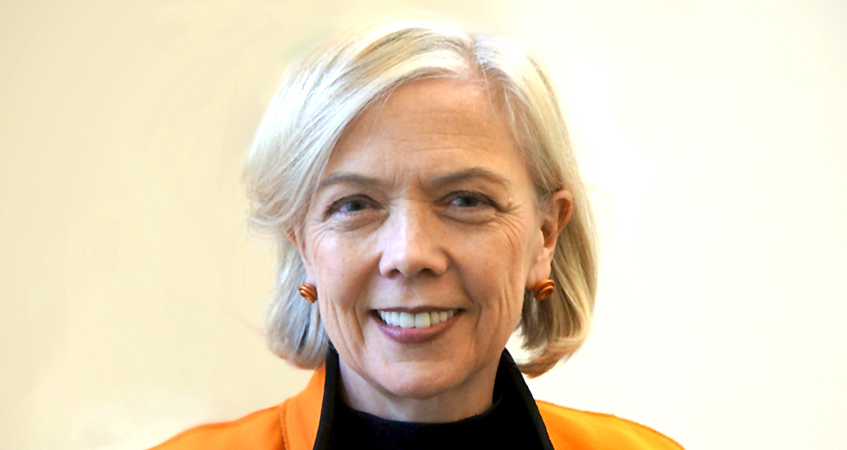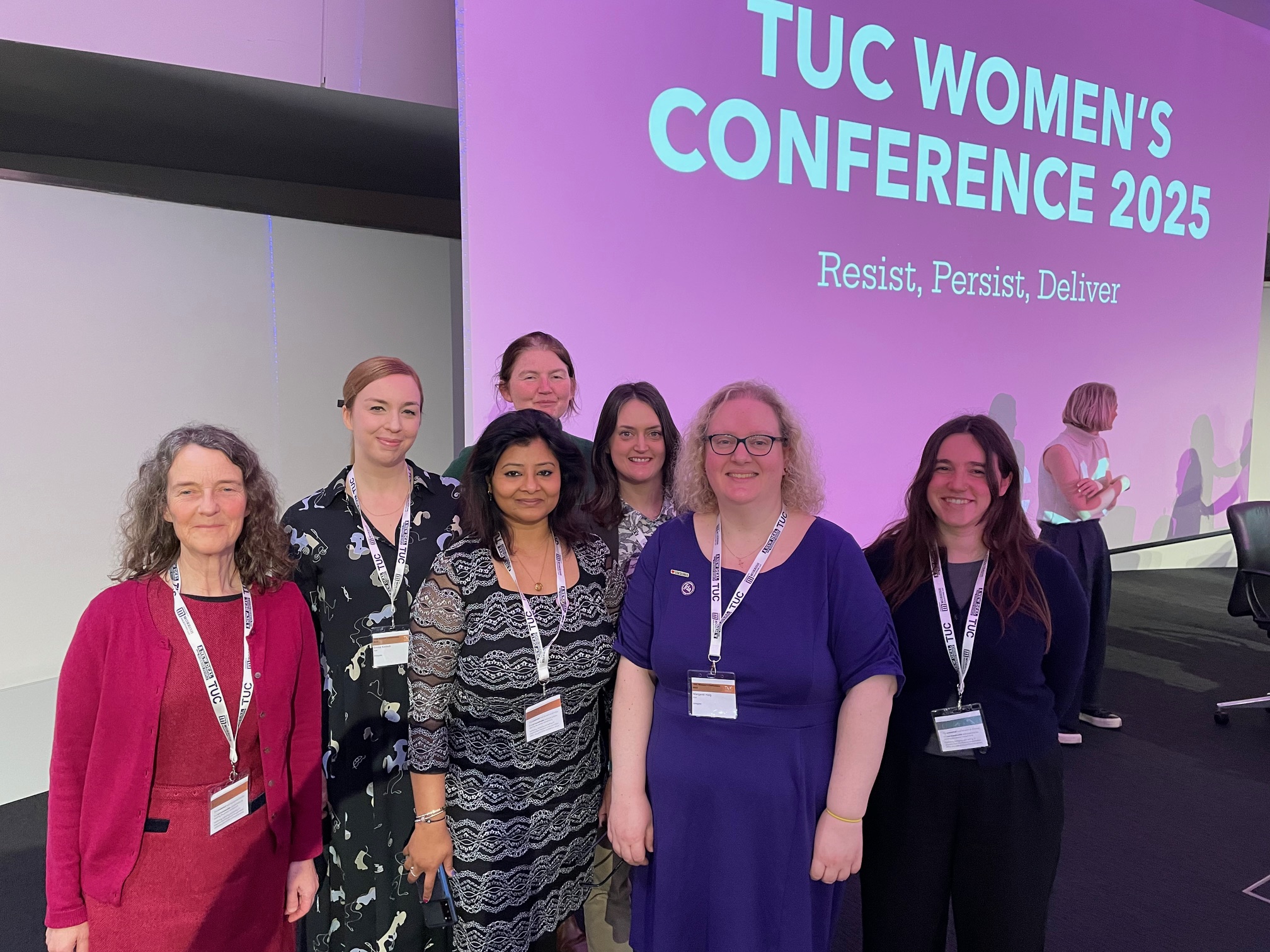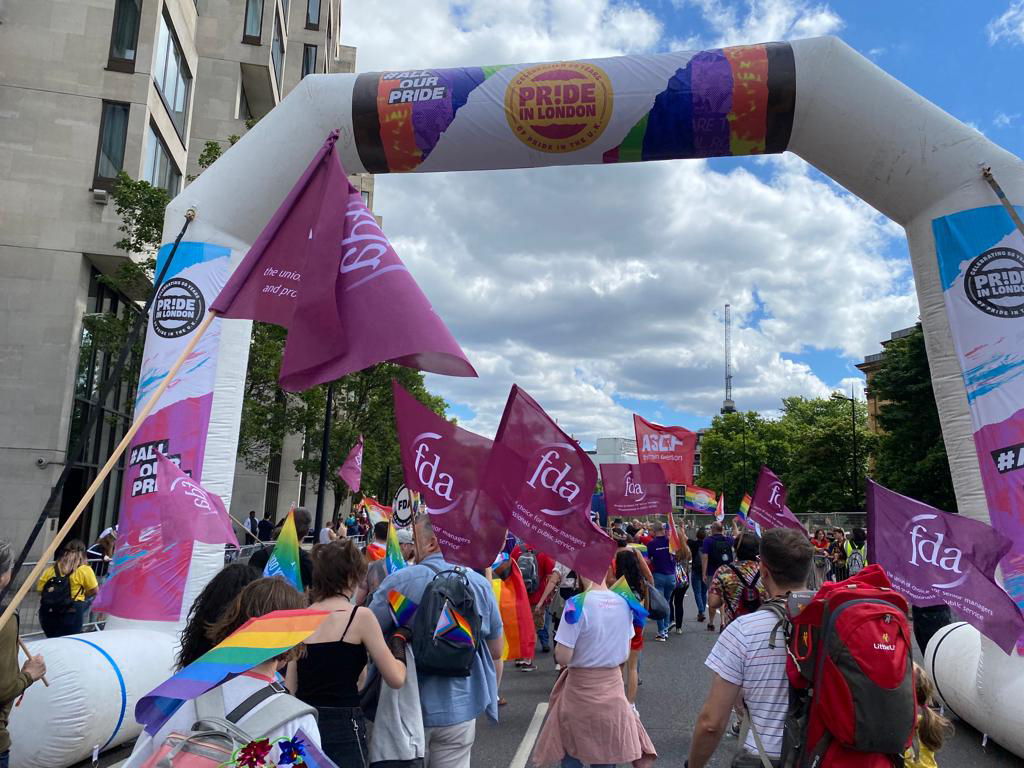We’re not immune from prejudice – yet

In 2015, the civil service commissioned Ben Summerskill to write a report, Don’t Ask, Don’t Tell, on ways the civil service could be more inclusive. His report, which included real-life case studies, made clear that the civil service was ahead of the curve on Lesbian, Gay, Bisexual, Transgender and Intersex (LGB&TI) inclusion some years ago, but had since moved towards a median position. We needed to take action to ensure that our policies and working environment remained relevant to diverse staff and inclusive to diverse LGB&TI communities. In the spirit of transparency, the civil service published the report. We needed and wanted to make a positive change. I wanted to play a key role in making that change happen.
It was the opportunity to make a difference in tackling negative workplace behaviours that attracted me to the role of LGB&TI champion. The opportunity to ensure that someone’s sexual orientation or gender identity was not a barrier to being recognised for their skills, talent, and expertise, and to demonstrate the kind of leadership and behaviours that enable people to choose to come out at work in the knowledge they will continue to be treated with respect and valued as colleagues.
As LGB&TI Champion, I proactively promote work that makes the civil service more LGB&TI inclusive. The civil service is making better use of data to monitor the extent that learning and career opportunities are accessible to LGB&TI colleagues. We are confident that the selection processes for activities such as accelerated career development schemes are fair and deliver transparent outcomes for all our staff, including our LGB employees. For example, our Future Leaders Scheme – a programme that identifies colleagues with the potential to progress to roles within the Senior Civil Service – has LGB representation that is consistent with the proportion of staff at that grade. We have also taken steps to embed inclusive practices within recruitment.
The civil service encourages participation in LGB&TI staff networks, including the Civil Service Rainbow Alliance and the cross-government network for transgender, intersex and non-binary staff known as ‘a:gender’. These highly effective networks regularly contribute to strategic activities and raise the profile of LGB&TI role models. For example, the staff networks and a number of other stakeholders have played an integral role in trialling gender identity questions within the Civil Service People Survey and coordinating the civil service presence at PRIDE.
“There may be a societal shift towards more liberal values but prejudice persists in many areas.”
We may have made some progress but we cannot be complacent. The 2017 British Social Attitudes Survey says that there may be a ‘societal shift’ towards more liberal attitudes but prejudice persists in many areas. For example, the vast majority of people answering their survey (82%) describe themselves as “not prejudiced at all” to transgender people. However, less than half of respondents say suitably qualified transgender people should definitely be employed as police officers or primary school teachers (43% and 41% respectively).
The civil service values are clear; we continue to work towards ensuring our policies are even more inclusive but it would be disingenuous to infer that the civil service would be immune to any cognitive dissonance that exists in wider society, particularly when the majority of our colleagues work in customer-facing roles. We must therefore remain steadfast in our commitment to LGB&TI inclusion so that we can tackle the pockets of prejudicial behaviours where they exist.
In October 2017, we published a Civil Service Diversity and Inclusion Strategy. It comes at a point when our inclusion and fair treatment scores have increased and are the highest that they have ever been since we began measuring them in 2009. The strategy focuses on our twin priorities of increasing representation – becoming an organisation where the diversity of the UK communities we serve is reflected at every level – and creating a working environment where people feel respected and valued for their talent and contributions. These twin priorities are supported by focusing on driving greater accountability and assurance.
As Permanent Secretary Civil Service Diversity Champions, my colleagues and I are unapologetically ambitious for the civil service. Any achievements will be a result of collective action at every level. We have made a number of strategic commitments that will accelerate our progress even further and achieve our ambition of becoming the most inclusive UK employer.
Related News
-

FDA celebrates Women’s History Month 2025 with panel event
To celebrate Women’s History Month and International Women’s Day 2025 the FDA hosted a panel event looking at the history of women in the civil service and within the trade union movement.
-

FDA attends TUC Women’s Conference 2025
A delegation of FDA members attended TUC Women’s Conference 2025, held in Congress House, London, from 5-7 March.
-

FDA panel event for LGBT History Month 2025
To mark LGBT History Month 2025, the FDA hosted an online panel event with members and representatives from civil service-wide networks to discuss the progress and challenges of advancing LGBT equality and inclusion in their workplaces.